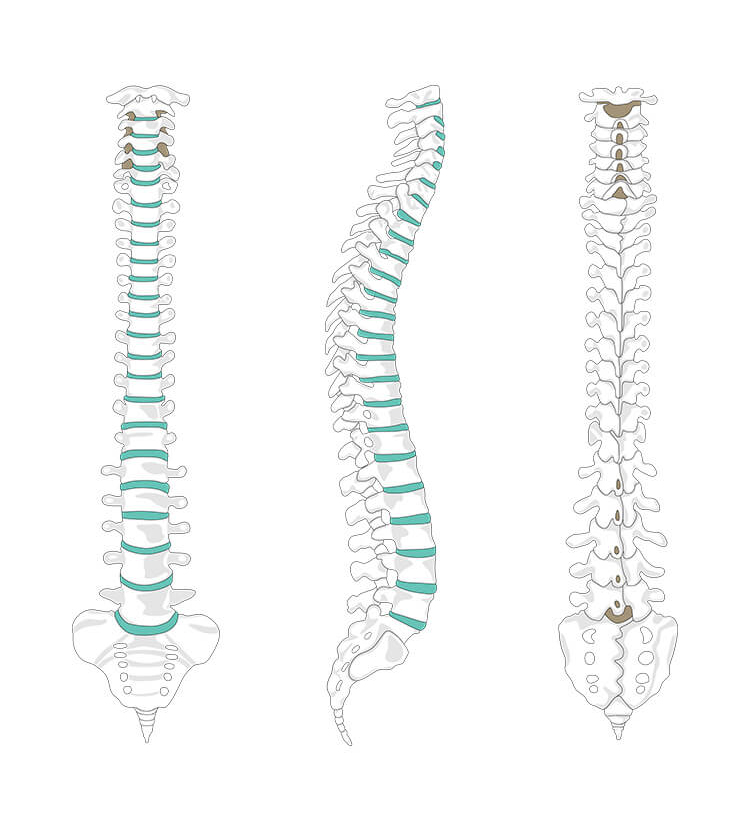Since many issues can arise in the low back area, it’s important to seek expert help to pinpoint the exact cause of your condition and develop a specialized treatment plan. Our interventional pain management doctors at the Advanced Relief Institute have years of experience diagnosing and treating lower back pain, and they are eager to help you regain your comfort.
Your spine connects nerves across your body, and problems that originate in the lower back or spine can translate to pain nearly anywhere.
There is no one-size-fits-all treatment for low back and spine pain relief. With so many potential injuries, illnesses, and conditions, you need a specialized team that is knowledgeable in interventional pain management and regenerative therapies.
Our team at the Advanced Relief Institute can help you effectively manage various back and spine injuries. In combination with their extensive experience and reputation for excellence, our doctors offer multidisciplinary approaches to help you.
You can live a fuller, happier life with less pain from common conditions like scoliosis, spinal arthritis, degenerative disk disease, and more.
While many men and women take a wait-and-see approach to pain management, it is important to remember that seeking immediate medical attention is your first step toward a more comfortable and healthier lifestyle.
Low back disorders, such as herniated or bulging discs, lumbar facet injuries, pinched nerves, back instability, and SI joint syndrome, can put you out of commission for an extended period. Instead of losing this time and dealing with discomfort, consider reaching out to the specialists at the Advanced Relief Institute.
Through a series of physical exams, which may include X-rays, CT scans, or MRIs, our team can identify and develop a treatment plan to get you back on your feet and participating in your favorite activities sooner and more comfortably.


For years, your only options for low back and spine pain included traditional pain management, physical therapy, and surgery. Fortunately, that is no longer the case.
Using less-invasive interventional pain management therapies, men and women are experiencing significant relief in their lower back and spine, and in turn, a higher quality of life.
Interventional pain management therapies find and treat pain at its source. This can help with acute pain after a traumatic injury or chronic pain (persistent pain that lasts for a long time).
For many patients, this involves a multidisciplinary approach, which may involve interventional injections, nerve blocks, and nerve stimulation.
The Advanced Relief Institute also offers regenerative therapies, including stem cell treatment, PRP therapy, and amniotic fluid therapy. These outpatient injectable treatments contain high volumes of growth factors that activate healing.
One of our specialists will be happy to guide you through your treatment options during your consultation. Some patients choose to combine regenerative options with interventional pain management. Others choose to follow their interventional pain management treatment with regenerative therapy.
Interventional pain management therapies are non-surgical procedures that require no downtime. Patients may experience some sensitivity at the injection site for two to three days; however, this should be minor.
There is no reason to continue suffering from low back, spine, or disc pain.
Discuss your treatment options with the Advanced Relief Institute today. You can be on your way to less pain in no time!
Get In Touch